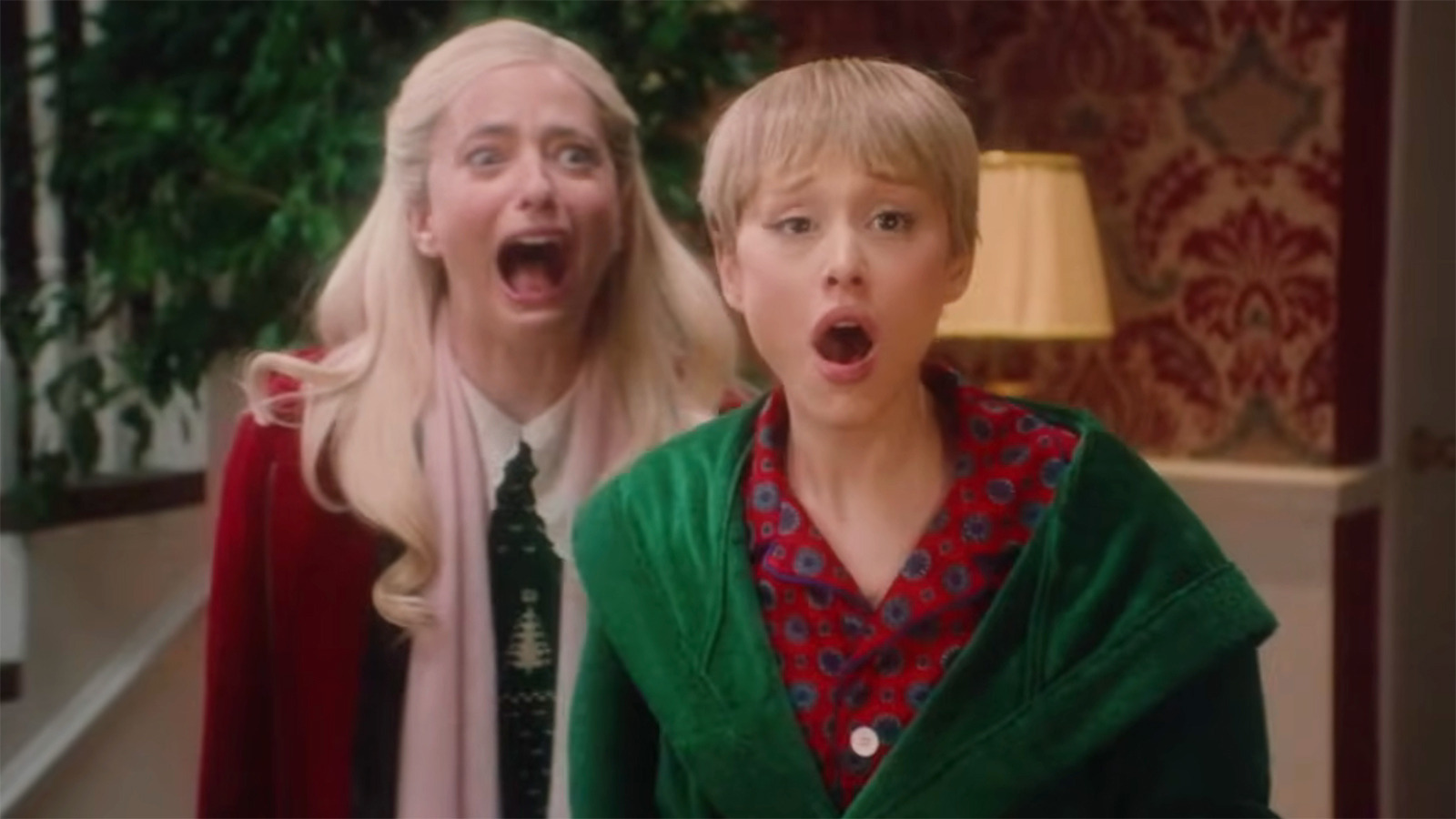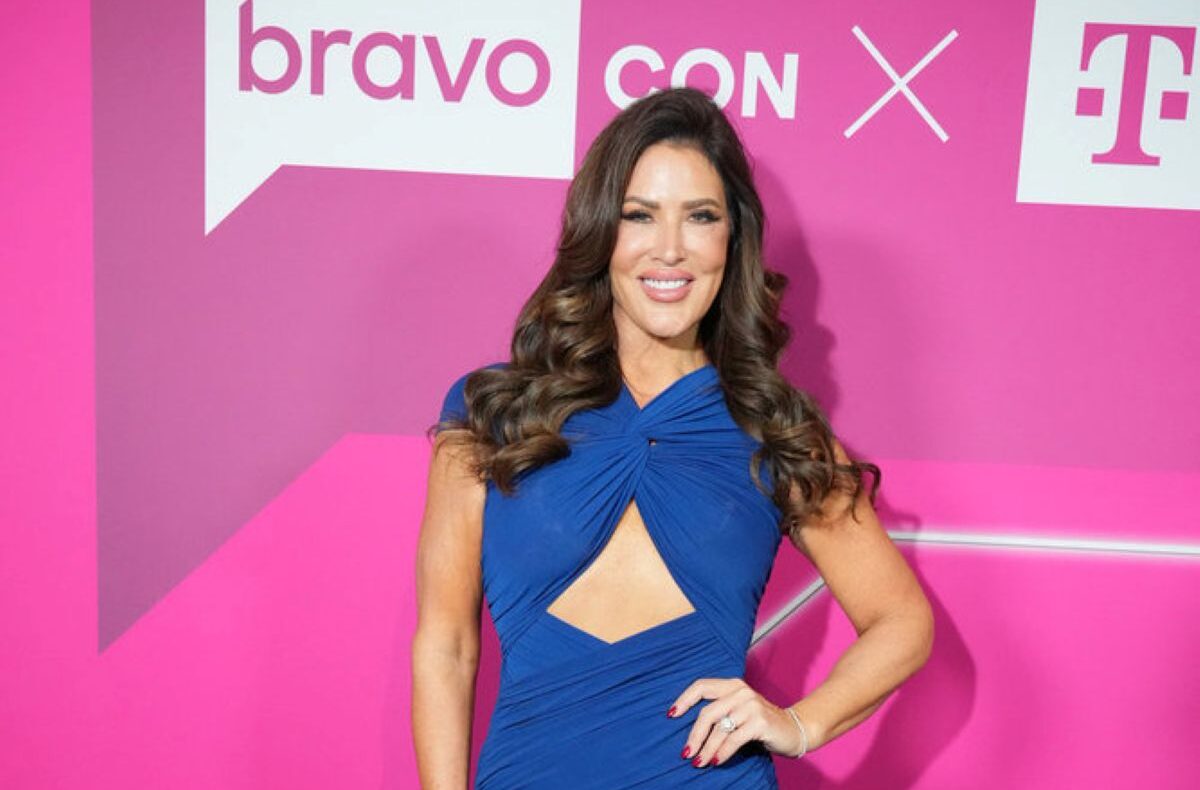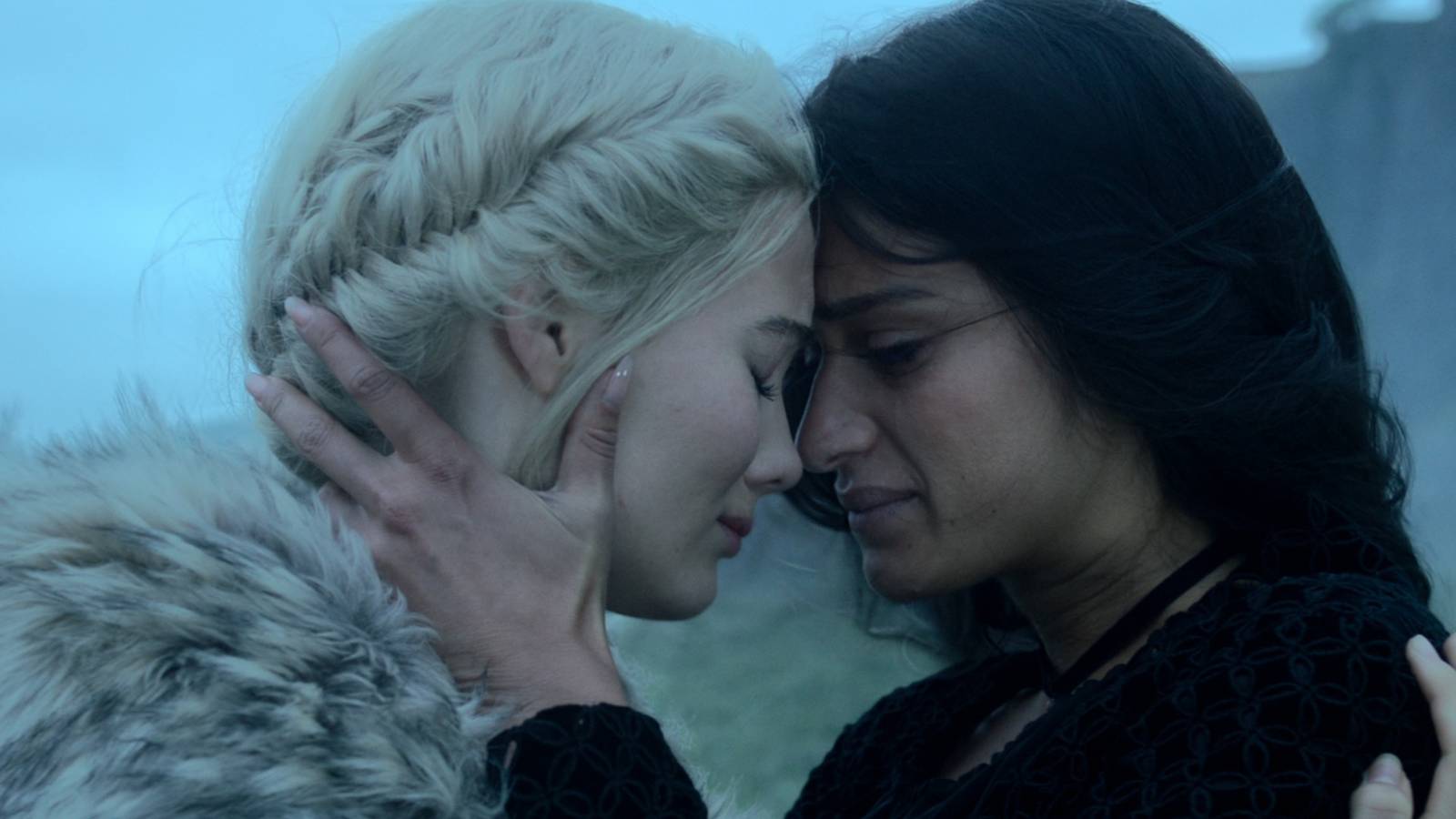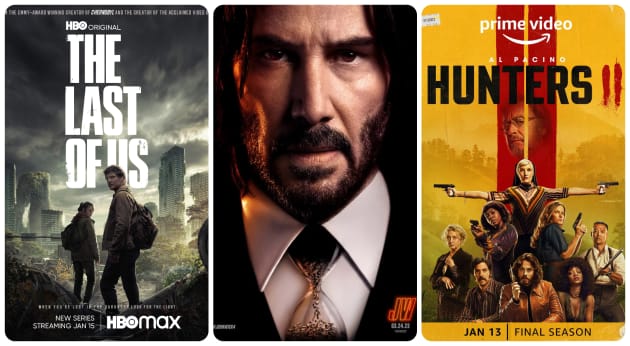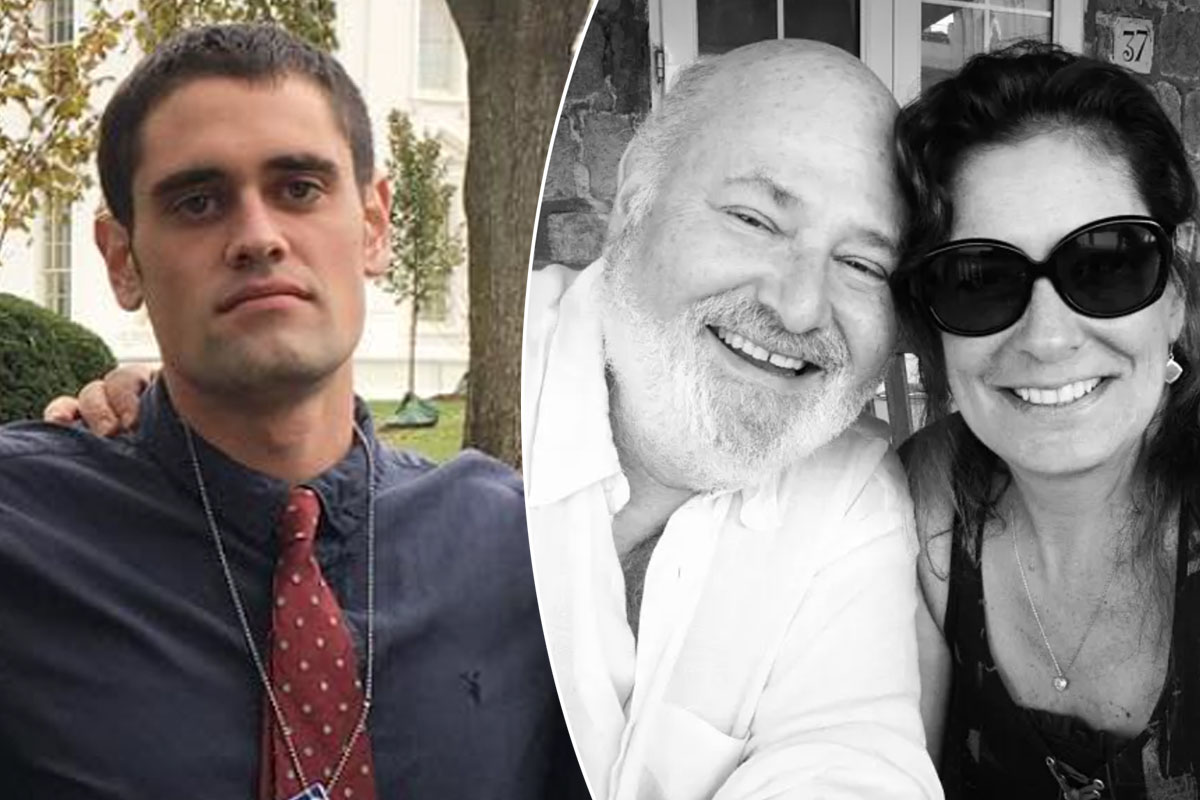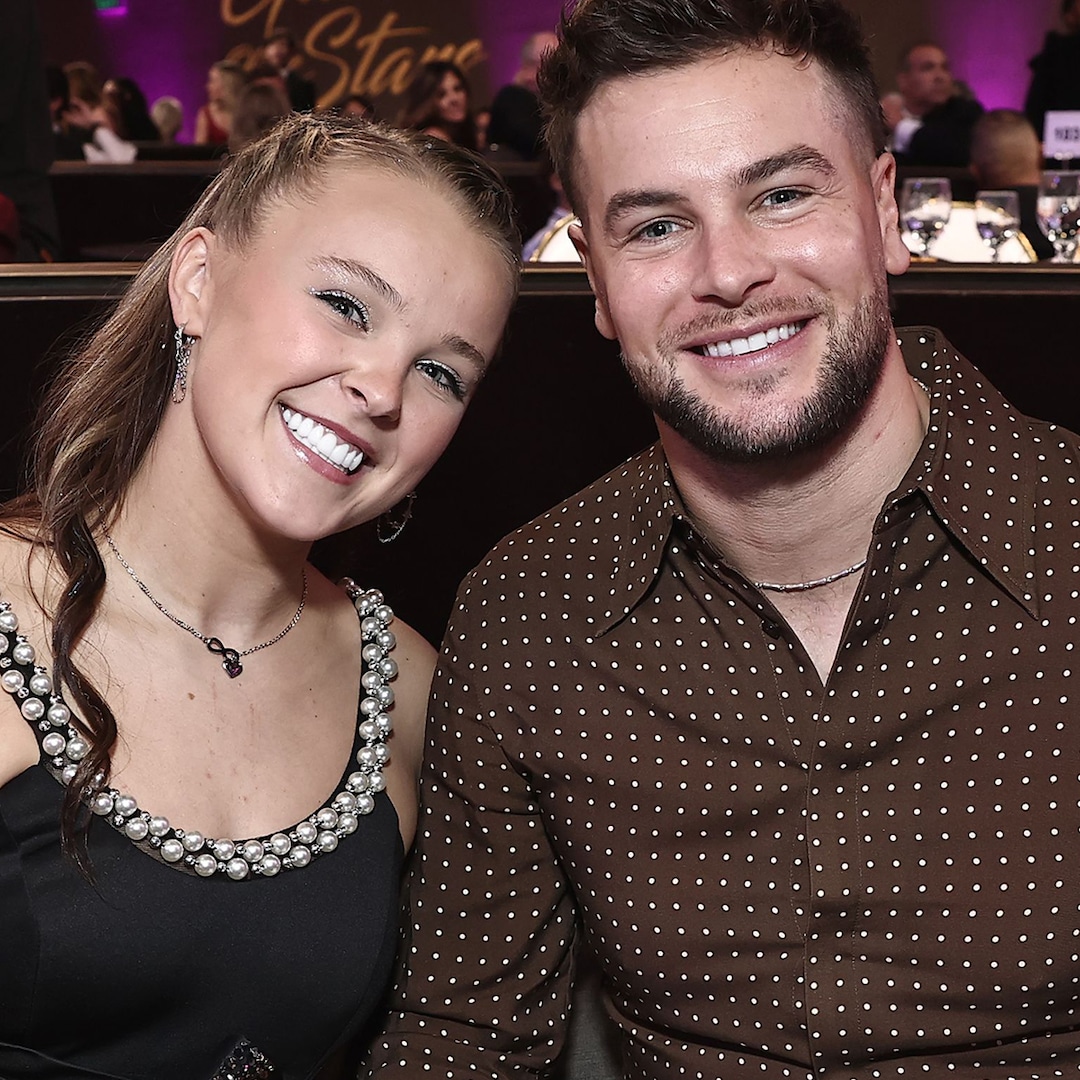Do the Gamers know they don’t have a monopoly on reality television?
The second season of The Traitors is a cultural experience — it’s the Megatron of reality television. It has so much built-in reality TV lore and glory that it’s no wonder it sets social media on fire.
Honestly, it’s the Olympics of reality television and absolutely delicious for understanding every facet of how the genre and its respective fandoms work.
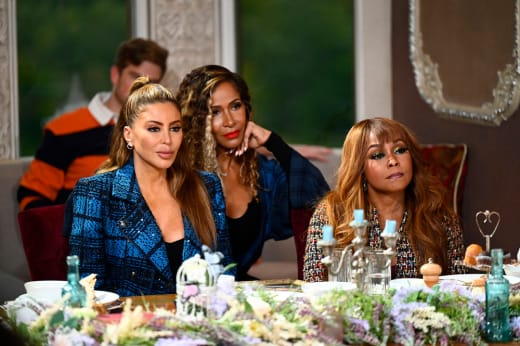
It’s the Super Bowl of reality greatness. While some kinks still need to be worked out with the series, from formatting to editing and plenty in between, The Traitors U.S. understands the assignment and deserves to be the hit that it is.
All renditions of The Traitors are positively devourable for various reasons. The savagery of The Traitors U.K. is epic all on its own, and The Traitors Australia has fascinating gameplay.
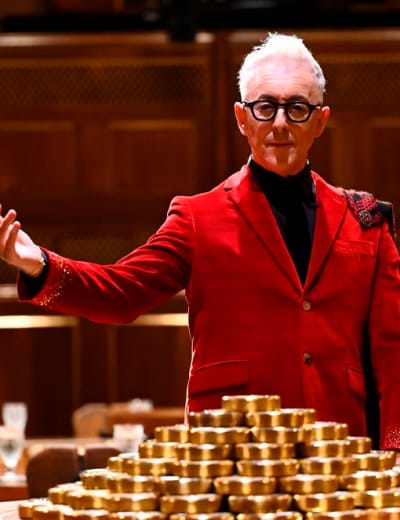
But The Traitors U.S. has insisted on separating itself from the others, something that became evident with the casting for season two.
We’re a country that thrives off familiar faces and making celebrities out of our wonderful and deplorable array of reality television stars, so much so that it’s legitimately become a career for many of them.
It was apparent when they stunt-cast all famous or famous-adjacent contestants what The Traitors’ intentions were with its version of the series.
They were interested in a season chocked full of reality television goodness that only familiar faces could deliver, and they banked on the pure entertainment of it all.

And that’s fair, considering the first season of Traitors had a mix of faux celebrities and regular people who mostly dwindled to the background because the veteran reality stars delivered main-character energy.
And the sophomore cast works!
Why? Because they could appeal to nearly all sub-genres of reality television with this star-studded cast that trended every week.
It couldn’t have been better if UnReal’s Quinn King and Rachel Goldberg produced this themselves!
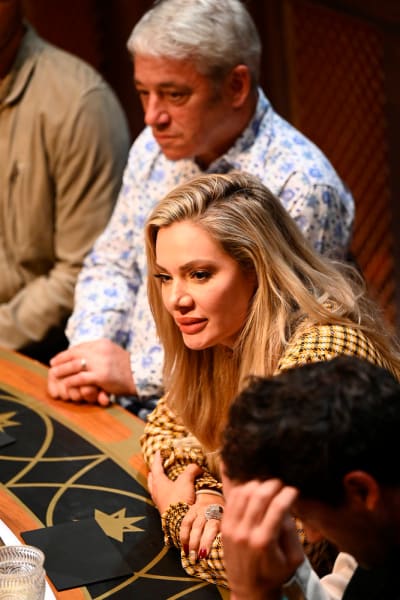
As someone who watches many subgenres of reality television, I find it exciting to see Big Brother icons like Dan Gheesling and Janelle Pierzina breathing the same air as Bravolebrities like Phaedra Parks and M.J.
When else would you ever have Dancing with the Star’s Bad Boy of Ballroom, Maksim Chmerkovskiy, and RuPaul Drag Race’s Peppermint crossing paths with heavyweight champion Deontay Wilder and pompous parliament politician John Bercow?
You wouldn’t!
And thus, you knew fashion, foolery, backstabbing, and betrayal were afoot for this season, and we would get a show.
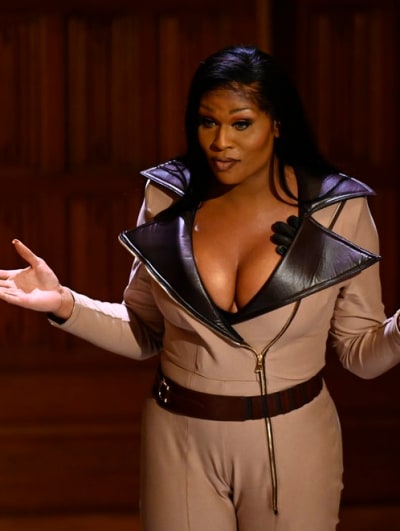
We did, but the unfortunate aspect of this is that there was very little respect from Gamers and Non-Gamers for one another regarding what the show was. And it’s spilled into viewers and the fandom as well.
While there is a healthy dose of Non-Gamers and viewers only familiar with them who lost sight of the fact that this was a competition, there are even more individuals who don’t seem to grasp that this rendition of Traitors only works with a blend of both types of reality stars.
From the first episode, there was an alarming level of entitlement displayed by the Gamers who felt that while they belonged on this type of series, the Non-Gamers and primarily Bravolebrities/Houswives did not.
That mindset precisely was the downfall of Big Brother Icon Dan.
He severely underestimated Phaedra Parks, whom he often dismissed as “just a housewife.” That attitude even extended to Peter, whom he dismissed as the obtuse Bachelor despite Peter orchestrating one of the best traps in Traitors history and running a large portion of the game and half the house.
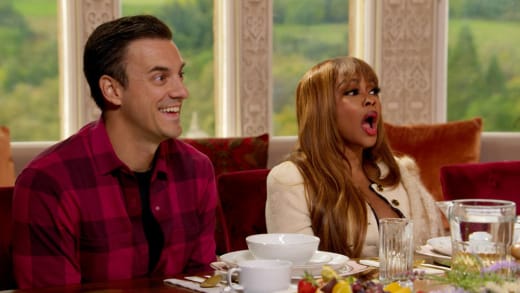
Ironically, we saw the Gamers group the Bravolebrities together well before these women expressed interest in working together, subsequently creating the very block they feared in the process and giving the Bravolebrities little choice but to ban together.
It resulted in alliances, as one expects from any game series, and The Challenge veterans Trishelle and C.T. cutting Bravolite M.J. out in a ruthless move and taking home the prize.
But with all the fun, antics, and entertainment from this season, Gamers’ arrogance has been the most offputting.
Because, and hear this clearly, this version of The Traitors only works with both factions.

And that even extends to this misconception that only Gamers deserve to win in the end for “playing the best game.”
If we wanted a series where only the best gamer should win, we’d watch Survivor, The Challenge, or Big Brother exclusively. But that’s not what this series is supposed to be, so the expectation and even demand that it become that is absurd.
This season of The Traitors is produced and edited like a Bravo series and airs on Peacock.
It’s inarguably the most camp and overly dramatic version of this franchise.
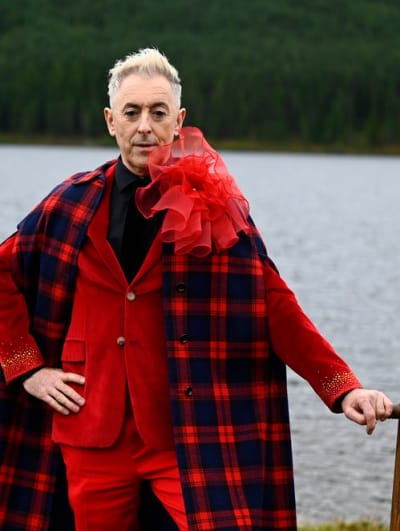
We have the sublime Alan Cumming waltzing into every room as if he’s on a runway and reciting every word as if it’s a theater performance.
The second season of Traitors rivals but exceeds the second season of Traitors U.K.’s dramatic cloak, dagger, and fun.
When you consider that all, what exactly makes The Traitors in the same vein as your typical competition series, and why do any Gamers or viewers expect it to be that way in the first place?
All season, but especially following the finale and explosive reunion, there’s been this sentiment that the Bravolebrities didn’t know what they signed up for. I want to pose the same question to the others: did the Gamers?
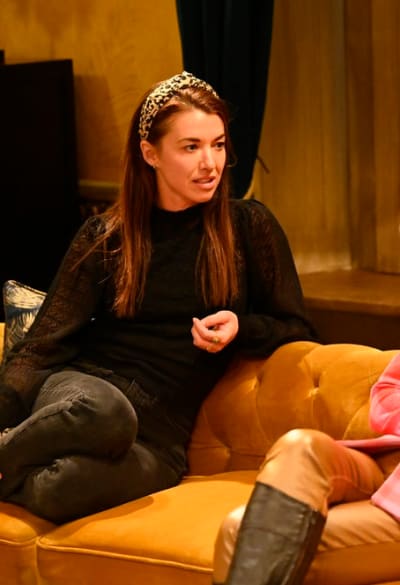
When you even consider this season’s cast, it’s evident that the series intended to have a certain level of flair, high emotion, and drama. It certainly is a season that caters more to a specific demographic.
The season has three reality stars from romance-based series: Peter Weber, Bergie, and Ekin-Su. It has multiple housewives and three other reality stars from lifestyle-based high-drama shows with Kevin, Kate, and M.J.
We have an actual drag queen from RuPaul’s Drag Race, a professional ballroom dancer, a professional boxer, and a politician.
The majority of this cast is known for drama or has some experience with performing, so why are some of the contestants criticized so heavily for doing that, performing?
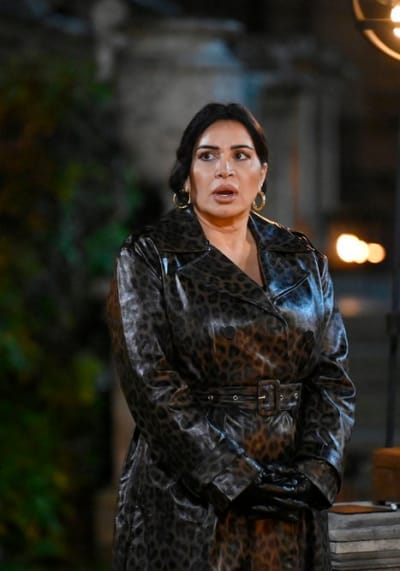
Is that not why the series cast them? And if so many of them were placed here in the first place, wouldn’t that imply that The Traitors isn’t and shouldn’t exclusively be about the competitors?
In the long run, what made the season must-see television and memorable was the contributions from the Non-Gamers.
Related: Reality TV’s Reckoning: Will Exploitative Producers Finally Be Forced To Answer For Decades of Abuse and Corruption?
Regardless of how people may feel about her, Phaedra walked away as the queen of the Castle with her witty one-liners, popcorn-worthy roundtable sparring, and epic fashion.
I assure you the most quotable moments from this season were predominantly because of her.
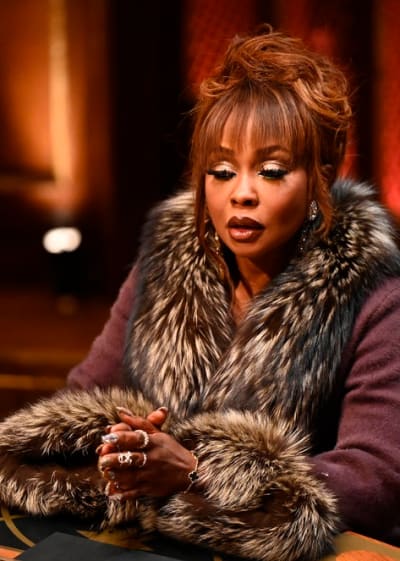
And despite the credit he gets for playing the game so well, Peter still falls under the “Non-Gamer” category because of his reality television repertoire.
Despite their background, Peter, Bergie, and John proved themselves worthwhile “gamers” and faced very little criticism.
Even Bling Empire’s Kevin and others didn’t face the same rampant criticism and scrutiny that the Bravo ladies received from others. It harkens to a common issue of anything that remotely seems to appeal to larger female fanbases getting heavily criticized, trashed, or dismissed as having no value.
But let’s not bother unpacking the underlying issues afoot in only associating the “dumb, emotional, and dramatic” women of Bravo as not being worth their weight in reality television gold compared to anyone else.

That’s not to say Survivor queens Sandra and Parvati didn’t serve up some fantastic television. Dan was as entertaining to watch as frustrating, as he completely fumbled this game in epic proportion.
It would be lies and fallacies to imply that the Non-Gamers didn’t carry the most entertaining moments of the game, though.
They were there to perform, and they did so brilliantly, so why exactly isn’t that considered a worthwhile contribution?
The reunion put this into perspective even more when we were graced with all the things you come to expect, only to have the Gamers quick to retort that “It’s just a game” and pat themselves on the back for somehow being above emotion, which was laughable in its hypocrisy.
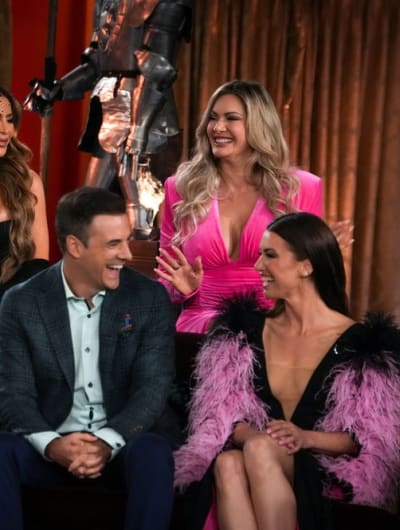
Their self-righteous sentiment suggested that while they (and many viewers) expected Non-Gamers to adapt to the comp-reality way of doing things, they didn’t have to do the same or extend a similar courtesy.
Whether it’s a Bravo reunion or a The Bachelor one, drama is a blood sport.
If we were compelled to accept that the challenges and final moments of The Traitors were within the Gamers’ realm, the reunion would be an area in which Non-Gamers and Bravolebrities would reign supreme, right down to Andy Cohen as host.
It’s about recognizing and respecting that there was a whole other subgenre of reality television to contend with; the Bravolebrities put on a great show with feuding, infighting, callouts, drama, and some genuine emotion.
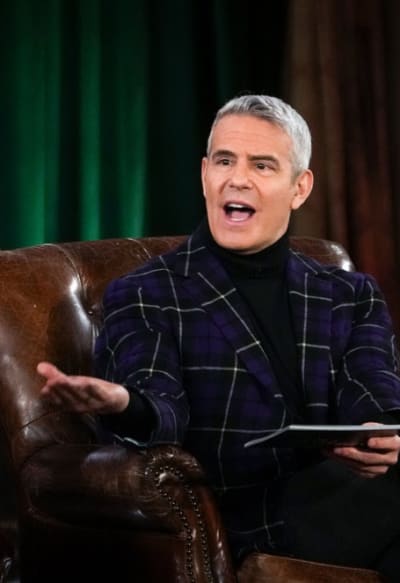
While Phaedra’s lashings toward Dan were more performative than anything, one could surmise that M.J.’s reactions were closer to real than performance.
The cream of the crop was an elegant Peppermint, beautifully explaining the importance of representation and why her banishment was so controversial.
Related: Good Trouble Series Finale Review: What Now?
But they were all essentially shut down for “being too emotional,” John routinely inserted his opinion and had final words, invalidating anything these women said or did.
The reunion wrapped up with this strong sentiment that there’s simply a “cultural difference” between how these two factions of reality television handle things. And that’s true and fair.
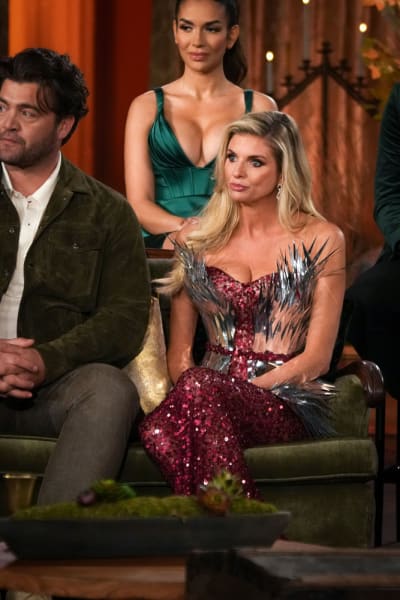
However, there was an implication that the Gamers’ method is how things are correctly done, which is unfair and false. Sorry, but they shouldn’t strive for the Gamer method if they want to make great television and distinguish this series from any other comp-reality.
The Gamers were consistently on a sanctimonious high horse about somehow being the superior reality stars with tough skin who rise above hard feelings and emotions.
But that’s so far from the truth that the Gamers’ mentality throughout the season was grating.
At the same reunion, The Challenge’s Johnny Bananas displayed as much negative emotion toward Dan as Phaedra. Still, he wasn’t condescended to with the same fervor with this notion that “It was just a game” or shut down by other contestants.

And the entire season, right up to Trishelle’s shocking vote for C.T., we witnessed her being highly emotional and dramatic. If one weren’t aware of who she was, one would’ve easily assumed she was another Bravolebrity with tears, drama, and general messiness.
She routinely needed C.T. to reassure her, threw tantrums when he didn’t do things she desired or chose her for things, and let’s not get started on her behavior over the torch lighting or her expectation that she should have every shield.
Diehard Survivor fans knew that Parvati Shallow and Sandra had longstanding beef and held grudges against each other for an entire decade. It was only squashed in this series.
Big Brother’s Janelle is lauded in the fandom for many reasons, one being her routine beef and cattiness with other contestants that spills out on social media, including an ongoing issue with another Big Brother icon, Nicole Franzel. Yes, it has been going on for YEARS.
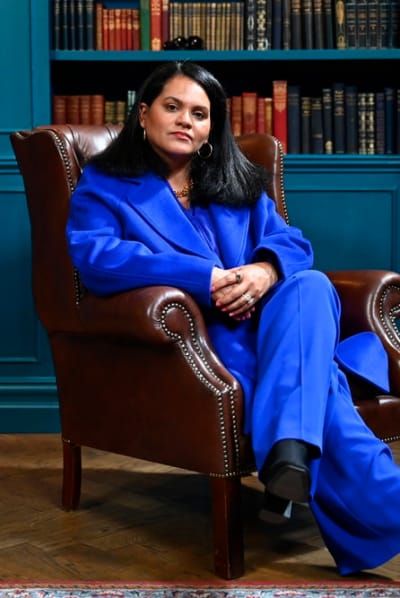
And C.T. and Trishelle’s smugness after securing the bag doesn’t change that their own series isn’t exempt from high emotions. The Challenge has entire seasons devoted exclusively to rivals, feuds, and longstanding grudges.
And both of them are guilty of those and the emotional dramatics accompanying them.
Related: The Way Home Review: Somewhere Only We Know
Does everyone have short memories, or is the superiority complex over which version of reality television is worthwhile and more legitimate simply clouding everyone’s judgment?
If C.T. split the money with M.J. rather than Trishelle, are we supposed to believe we wouldn’t hear the end of it and witness those sore feelings on full display during the finale?
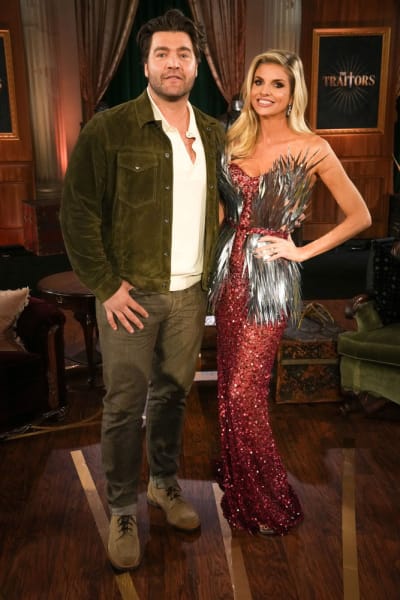
And how is it that many accused the Bravolebrities of being performers all of the time but failed to realize that some of their behavior is the type of performance expected of them to pull off this season?
Would anyone really have preferred to watch a season in which all Gamers compete? If so, isn’t that literally what The Challenge is for in the first place?
And when it comes down to it, don’t Gamers themselves have a history of “performing” for the drama of it all because that’s a staple of reality television?
If The Traitors cast TV PERSONALITIES for the season, why is there such a strong adverse reaction to those personalities performing as expected?
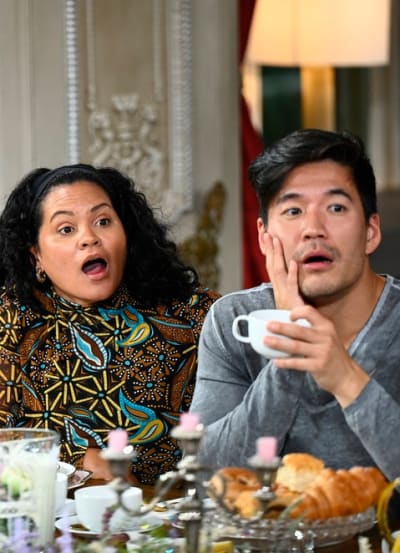
The reality television version of elitism was displayed throughout this season of The Traitors. It sometimes dampened its enjoyment, particularly for fans of both sub-genres who fundamentally understand how both work and were essential to pull this season off.
The reunion and response to its antics highlighted that well.
If this is the format that The Traitors will continue to opt for, everyone must understand the importance of both factions in making the series work.
When it comes to delivering on the drama, camp, and entertainment, let’s face it, the Bravolebrities have to do too much because the Gamers do too little.
Over to you, Traitors Fanatics. What do you think of the feuding between Gamers and Non-Gamers?
Would you want an all-Gamer season of The Traitors? Did you enjoy the Bravolebrities? Sound off below
You can stream both seasons of The Traitors (US) on Peacock.
Jasmine Blu is a senior staff writer for TV Fanatic. She is an insomniac who spends late nights and early mornings binge-watching way too many shows and binge-drinking way too much tea. Her eclectic taste makes her an unpredictable viewer with an appreciation for complex characters, diverse representation, dynamic duos, compelling stories, and guilty pleasures. You’ll definitely find her obsessively live-tweeting, waxing poetic, and chatting up fellow Fanatics and readers. Follow her on X.



